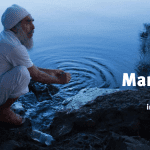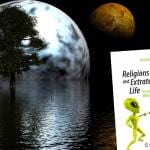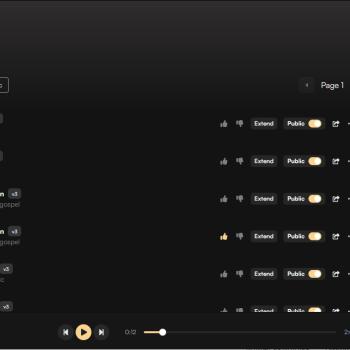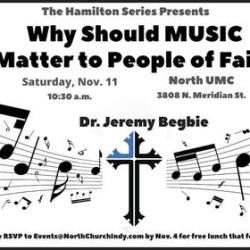Rock music has been associated in the minds of most people more with LSD than LDS. (Sorry, but this seemed like it might be the one appropriate opportunity to make that acronymic joke). While reading and thinking about theology and progressive rock, I keep finding things that are outside of that genre but nonetheless very interesting. One is that Jonathan Cain of Journey fame is married to Paula White, the Pentecostal televangelist who has made news lately for her connection with President Trump (among other reasons). My co-author Frank Felice and I had a bit of back and forth on Facebook about the progness or otherwise of Journey. The band emerged out of Santana, which is firmly progressive in the jazz rock tradition. Early Journey was even more experimental in many ways. And although my colleague and friend insists that Journey was no longer prog in the Jonathan Cain era, I feel that some tracks challenge that, whether “Escape” (from the album of the same name) and the ending of the otherwise straightforward rock song “Stone in Love,” or a variety of songs on Frontiers.
But that wasn’t where I was going with this post. I wanted to note in particular how many musicians there are today doing highly creative things who have a present or past connection with the Church of Jesus Christ of Latter Day Saints. One that seems particularly worth mentioning is Brendon Urie of Panic at the Disco! fame.
In one article, Urie talks about his ambivalent and complicated relationship with his tradition, which comes through in his music, saying:
There may be a sad underlying message, but for the most part, I’m just really taking back my tradition—I’m doing my job. I’m not really religious at all. I mean, you could argue that I am. I don’t know: It’s something about the way I was raised that I can’t knock all of those traditions that I feel so positive about. On this one, I compare myself to the wicked, but do I consider myself wicked, as well? There’s a dichotomy there, for sure.
In another piece, Pop Song Professor shared analysis of the lyrics of Hallelujah including a message from Urie to his fellow sinners. And in an article in the Independent that describes him as a “Mormon Sinatra” Urie is quoted as saying:
I still use a lot of good values from growing up in the Church, and there was a sense of community. But you were also being heavily judged by people that wanted to look down on you for not being as great as they are.
And that’s not the sense I get when I’m touring and just in music in general. So meeting fans and interacting with other bands has become a new religion to me, one that’s overwhelmingly beautiful and enlightening.
Their music videos often add additional material that deserves a look from those who study religion in music.
Lest this post just focus on one LDS artist, Billboard had an article about Dan Reynolds of the band Imagine Dragons, who is also LDS. See also Believer: A Documentary on that topic.
Of related interest:
https://friendlyatheist.patheos.com/2019/04/10/evangelicals-fears-about-satan-led-to-the-explicit-content-warning-on-albums/
Also of related interest, see the recent discussion of religious language on the latest album from Florence + The Machine, “High as Hope.” See too “What Elvis Tells Us About Rock Gods,” this article about Lou Reed’s lyrics, this article about Nick Cave, a podcast about Bob Dylan and religion, an article in Sojourners about Dylan’s variety of Christianity, the recent article in Commonweal about country music which quickly moves to transgressions of genre and audience divisions and to Dylan, the Commonweal article about Rocketman, several recent pieces on Phish and Judaism including a call for papers, as well as Randal Rauser on secular music in his childhood, and Richard Beck’s series on Johnny Cash related to his new book Trains, Jesus, and Murder. Check out the parts of the blog series he has shared so far. He has even made a playlist to go along with it! Kanye West’s Sunday Service has been making the news as well, as has his visit with Joel Osteen (in many, many different places). See the recent articles in Sojourners, Red Letter Christians (more than once), and elsewhere. And finally, Eboo Patel offered the Grateful Dead as a guide to nonprofit leadership…



















